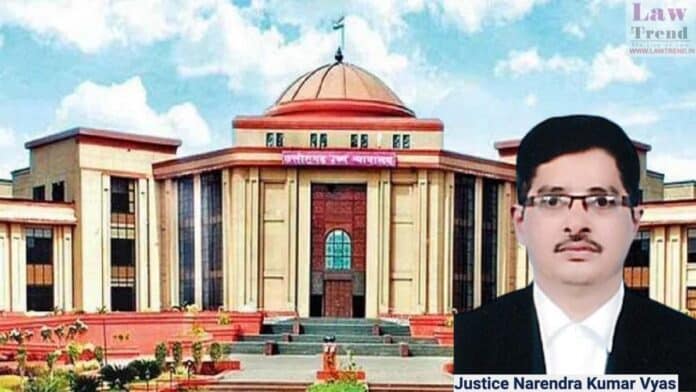In a significant judgment, the Chhattisgarh High Court has ruled that a person belonging to a Scheduled Tribe (ST) community who migrates from one state to another cannot claim reservation benefits in the migrated state, unless it is a case of compulsory migration. The judgment was delivered by Justice Narendra Kumar Vyas in Writ Petition
To Read More Please Subscribe to VIP Membership for Unlimited Access to All the Articles, Download Available Copies of Judgments/Order, Acess to Central/State Bare Acts, Advertisement Free Content, Access to More than 4000 Legal Drafts( Readymade Editable Formats of Suits, Petitions, Writs, Legal Notices, Divorce Petitions, 138 Notices, Bail Applications etc.) in Hindi and English.




